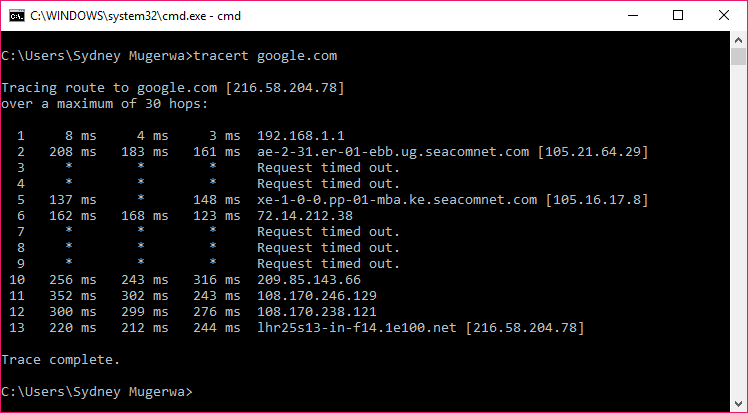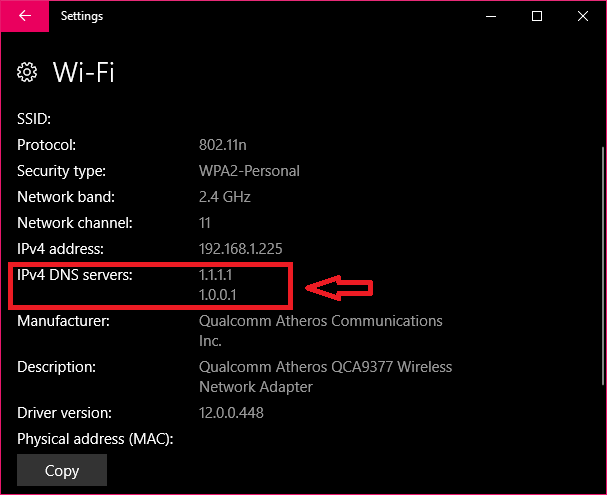Configured right, a DNS server can surely speed up your internet access. More to that, some DNS servers will go a step further and block malicious domains and adult sites. With your blessing, of course. Many actually protect your privacy to boot, although I imagine we ought to take that with a pinch of salt. And guess what? You can actually modify the DNS server by yourself either on your router or PC with a few clicks. But let’s not get ahead of ourselves. Before we get to that, how about we give you the 411 on DNS, what it is and what it does. This won’t take long, I promise.
What is a DNS?
A Domain Name System (DNS) is an internet directory used to convert alphanumeric domain names to corresponding IP addresses. A fitting visual example is a switchboard operator (DNS server) as you’d find in large corporations i.e hospitals, companies, e.t.c. When you call the front desk, a switchboard operator checks a directory listing where everybody is and reroutes your call to the right person with whom you wish to speak. A DNS server is no different. It maps a domain name i.e google.com to the IP address of the server/s where the website is hosted. Once your PC has the right IP address, it can then access that website and the content therein. In the image above, we pinged google.com in command prompt and it returned the actual IP of that domain (216.58.204.78). You can actually check this out. Enter that IP (216.58.204.78) in your URL and see what you get. By default, your ISP automatically dictates which preferred and alternate DNS server you use. Most people don’t even think about it. We just expect our internet to work once we load some data. A web page you load will have its IP address along with some other content such as images, iframes and ads from other IP addresses. The bottom line is all this will work to slow down your browsing experience.
Why should I modify my DNS server?
Various DNS service providers go over and above what your ISP’s DNS server offers. A little known open secret is that short of using a VPN (Virtual Private Network), an ISP will log your entire browsing history. Perhaps even sell it, if they get willing buyers (advertisers). In this age of big data, anything goes for the right price. Most of the DNS servers we will recommend are free and will offer you the following:
Faster internet access by reducing latency Better security through encrypted browsing history. Filter malicious/adult content
Popular DNS servers
Some popular DNS servers include Google‘s own 8.8.8.8, Cloudflare‘s much-touted 1.1.1.1 and other like OpenDNS, Quad9 and more. Check out a rundown of these DNS servers along with their pros and cons in an excellent post on Dignited.
How to change your DNS server
For this tutorial, we will use Cloudflare’s 1.1.1.1 DNS server, but you can use any public DNS server you prefer. The bottom line is getting something that works for you. The speeds might not be earthshattering, or even noticeable at first, but I’d take anything that gives me a little control over my internet.
Change your DNS server on Windows 10
Change your DNS server on MacOS
Change your DNS server on Linux (Ubuntu)
Provide the 1.1.1.1 DNS addresses in the DNS entries field:



